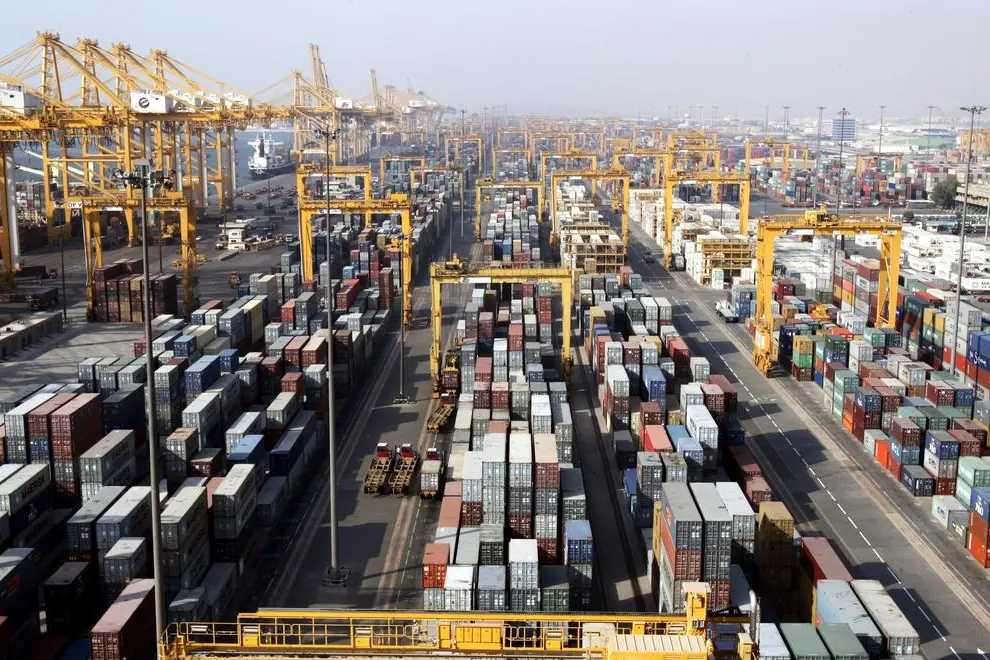PHOTO
Tuesday, Dec 13, 2016
Dubai: Private sector companies in Dubai reported a solid improvement in business conditions in November, according to data in the Emirates NBD Dubai Economy Tracker Index (DET).
The index last month rebounded to 55.2 from a seven-month low in October, led by faster growth in the travel & tourism and wholesale & retail trade sectors.
Data showed output and new work expanded at a faster pace in November for the non-oil private sector in Dubai, with a modest increase in average employment seen last month.
“The Dubai Economy Tracker signals a faster rate of expansion for non-oil firms in Dubai in November, and this seems to have been led by the travel & tourism sector. The introduction of visas-on-arrival for Chinese nationals may have contributed to the growth in this sector over the last couple of months,” said Khatija Haque, Head of Mena Research at Emirates NBD.
Stronger new business volumes were the main driver of the upturn in business conditions during November, with all three key sub-sectors reporting faster sales growth.
Looking ahead, private sector companies in Dubai are optimistic about their growth prospects for the year ahead, particularly travel & tourism companies. A number of firms cited projects related to Expo 2020, alongside hopes of a general upturn in economic conditions across the region.
November data signalled that input price inflation edged up to its strongest for five months, led by the steepest rise in construction sector costs since August 2015. Despite widespread reports citing higher raw material prices, private sector companies continued to lower their average charges in November. Price discounting has now been recorded for four months running, linked to competitive pressures and efforts to secure new work.
The travel & tourism sector reported the strongest growth, with index rising to 57.5 in November, the highest reading since the series began in March 2015.
Both output and new work indices were above 60 in November, and both increased from October. In particular, the new work index jumped from 58.4 in October to 64.5 in November.
While the strength of the dollar remains a challenge for the travel and tourism sector, average prices charged in the travel & tourism sector increased slightly in November, which saw a reading of 51, following three prior months of heavy discounting. Input costs increased at a faster rate than October. Employment in the travel & tourism sector was broadly unchanged, with the reading at 50.5.
The wholesale & retail sector index climbed to 56.1 last month from 53.3 in October, on stronger output (59.9) and new work (61.4) growth. While the sector likely benefited from the higher activity in the travel & tourism sector, firms continued to cut prices to boost activity and secure new orders.
Employment rose in the wholesale & retail trade sector in November following two months of declines. The employment index for the sector rose to 51.5 last month, the highest level since July.
The construction sector index was unchanged at 51.8 in October, the lowest level since February 2016. Output rose at a slightly slower rate than in October, although the growth in new work accelerated. Firms cut selling prices at the fastest rate since February, which likely contributed to the growth in new work. Input costs rose at a similar rate to October, squeezing margins further.
By Babu Das Augustine Banking Editor
Gulf News 2016. All rights reserved.





















